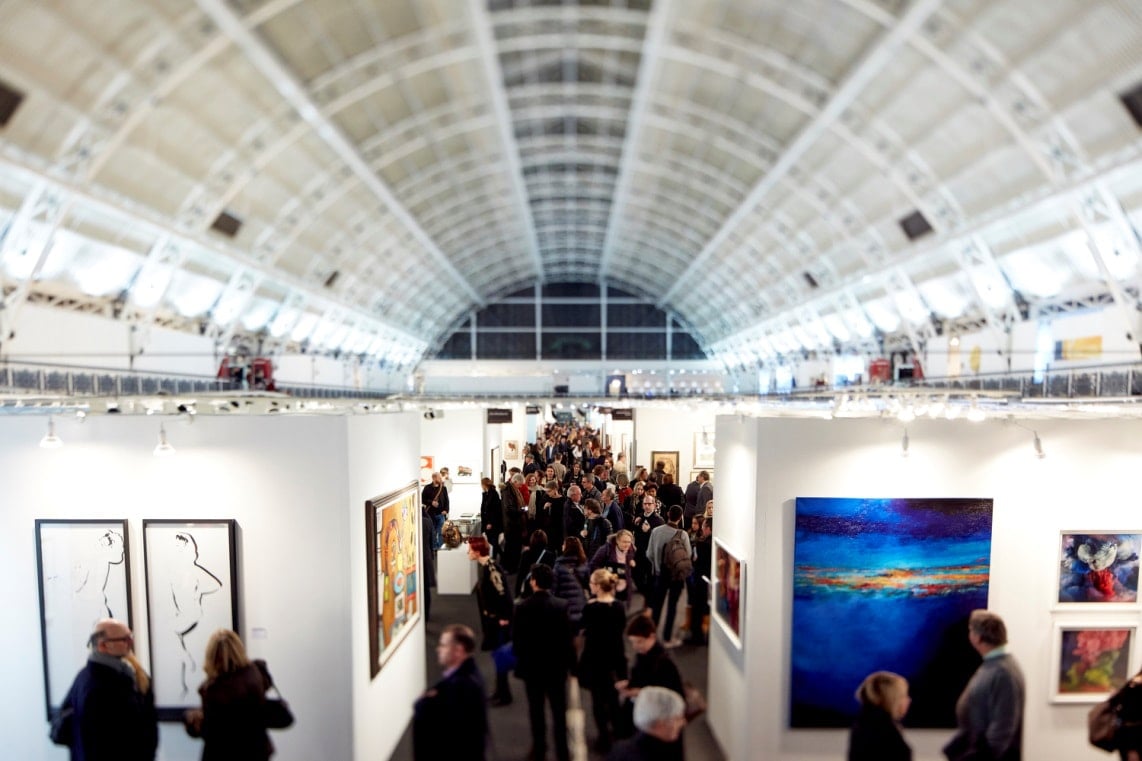
The London Art Fair, which runs from January 18-22, has published the results of their annual survey of participating galleries claiming that almost half of all London gallerists consider free movement of goods and people within the European Union the most important factor in any potential Brexit deal.
This came on the same day that British prime minister Theresa May confirmed in a speech that although MPs and the House of Lords will be voting on the final deal, Britain will be leaving the single market.
In her speech, May revealed a stance aligned with what some analysts are referring to as “hard Brexit,” stating that “no deal for Britain is better than a bad deal for Britain.”
One thing, however, that is resoundingly clear is that May wants more control of the UK’s borders and believes that the freedom of movement is a barrier to that. She spelled out in her speech that the UK would not be seeking membership of the single market after leaving the EU, and that the UK would also be leaving the customs union, but is looking to strike a free trade deal which is as “frictionless as possible.”
Of the 51 London gallerists questioned in the survey, 49 percent saw the preservation of the free movement of goods and people as essential to maintaining London’s position as an international art hub, and to their continuing to doing good business in the global art market.
“One of London’s real strengths as a global powerhouse for culture and art is our diversity, which is showcased at this year’s London Art Fair, the most international yet,” Justine Simons, Deputy Mayor for Culture and Creative Industries said in a statement from London Art Fair.
“Talent, creativity and innovation, from all corners of the world, are the key to our capital’s continued success… We should not take that success for granted—our creative industries are hugely reliant on international talent and almost half of all their exports go to the EU,” the statement continues.
When asked about how they felt the British economy would do in 2017, 58.8 percent of gallerists felt that things would get worse, with 47 percent thinking that the art market would also suffer.
Only 14 percent of London gallerists felt that things would get better in the coming year and 39 percent of those surveyed thought that the art market and UK economy would remain the same.
Sarah Monk, director of London Art Fair, remains open minded: “Whatever the outcome of the Brexit negotiations, it is important that London maintains its competitiveness as a global art hub—whether through providing the right conditions for import and export of goods or ensuring free movement of talented people who work in the sector,” she emphasized.
As it stands the ability for workers and artworks to move freely is highly beneficial to those working in the art world in the UK, giving artists, curators, writers, and fabricators, to name but a few professions, the ability to travel, work, and sell freely all over Europe.
The London Art Fair runs from January 18-22, 2017.